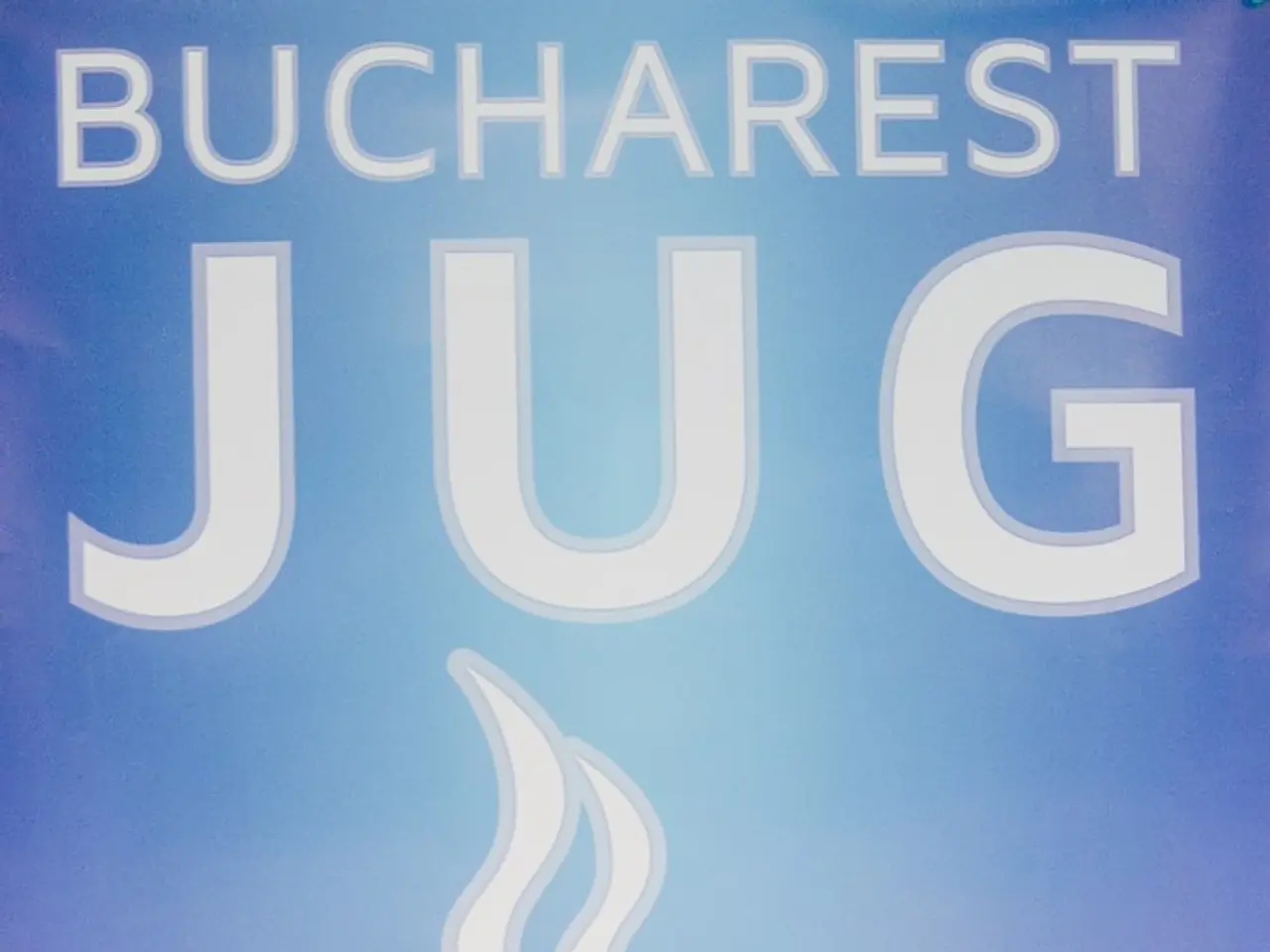Controversy doesn't faze Knorr in Auerbach
In the picturesque town of Auerbach, Saxony, a significant turn of events has occurred for the Knorr food plant, a historic establishment dating back to 1878. Facing closure earlier this year due to job cuts announced by Unilever, the plant has secured its existence with a new investment and a ten million euro machine set to commence operation on November 6th.
The machine, once operational, will produce 30 million instant soups per year, marking a significant boost for the plant, which is one of only four factories for instant soups in Europe. This development comes as a relief to the works council, who have tirelessly fought for the plant's survival, earning them the Saxon Co-determination Prize 2025.
However, the battle is far from over. The gap in working hours and wages with the West remains large, and strikes are a possibility from October. The continued operation of the plant is attributed in part to the persistent efforts of the works council, but further disputes are on the horizon.
The Auerbach plant has a rich history. From 1989, it served as the main plant of the VEB "Suppina", supplying the entire GDR with instant soups. Since 1989, the soups have been produced for the "Knorr" brand. The plant's continued operation is a testament to its resilience and the community's determination to preserve it.
Unilever, the food division of which integrated the Auerbach plant into its corporation in 2000, has been internally criticized for missing trends like the shift towards vegan dishes. Despite this, the company praised the Auerbach plant as "Europe's most modern instant soup factory" before putting it up for disposal.
The installation of the new machine is seen as a means to secure the plant's existence, but the future remains uncertain. Saxony's DGB has spoken of a "gradual death" for the plant, while Schädlich, the plant's manager, hopes for a trend reversal and innovative products that could be packaged in Auerbach.
Schädlich has been negotiating with the company's management, other politicians, and colleagues for support. A celebration is planned for November 6th, the day the machine is set to start operation, to mark this significant milestone. However, the plant's future hangs in the balance, with further disputes expected in the coming months.
The Auerbach plant's story serves as a reminder of the challenges faced by industries in the East as they navigate the changing economic landscape. The community's resilience and the works council's determination have secured a reprieve for now, but the battle for the plant's future continues.




